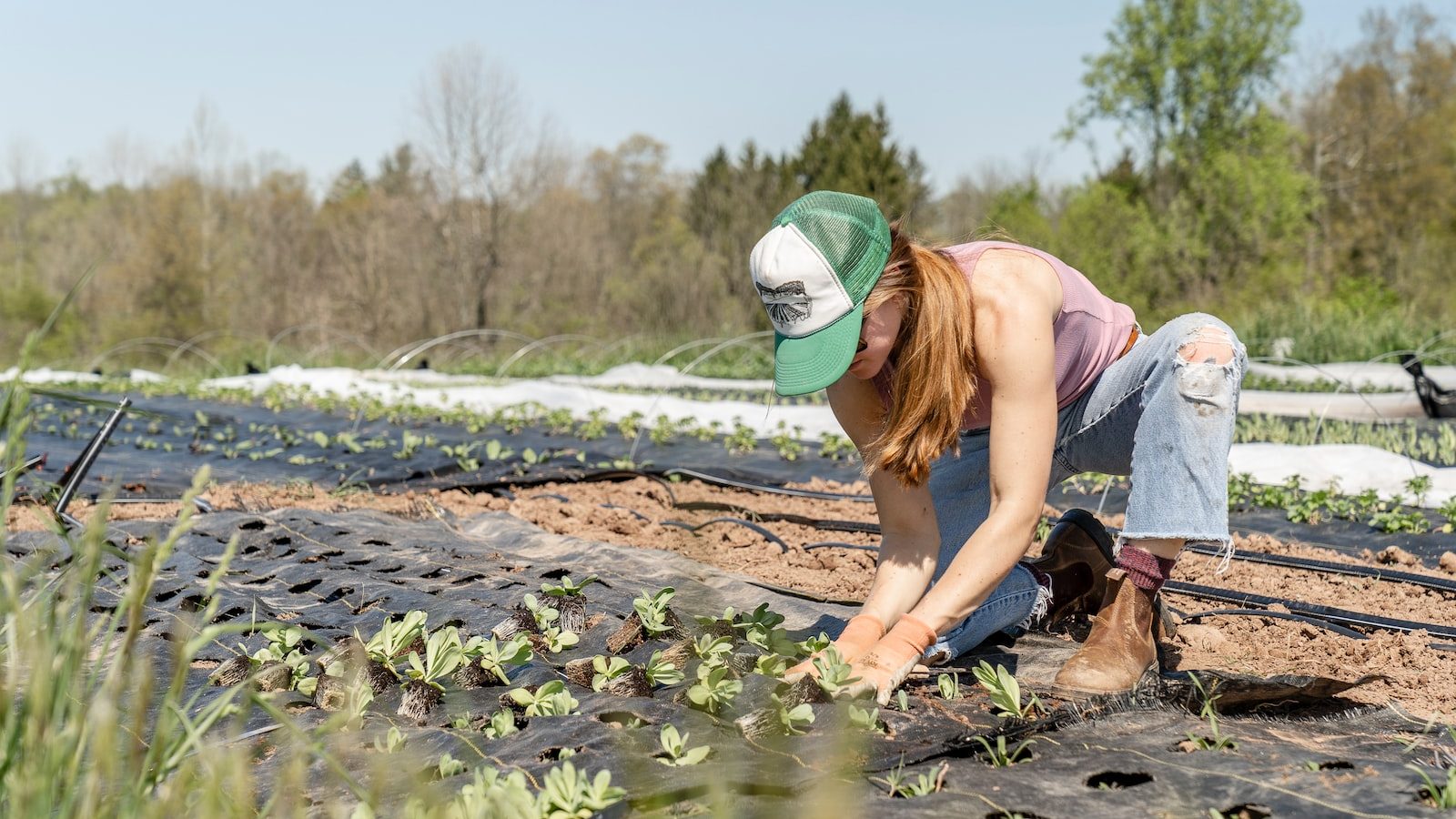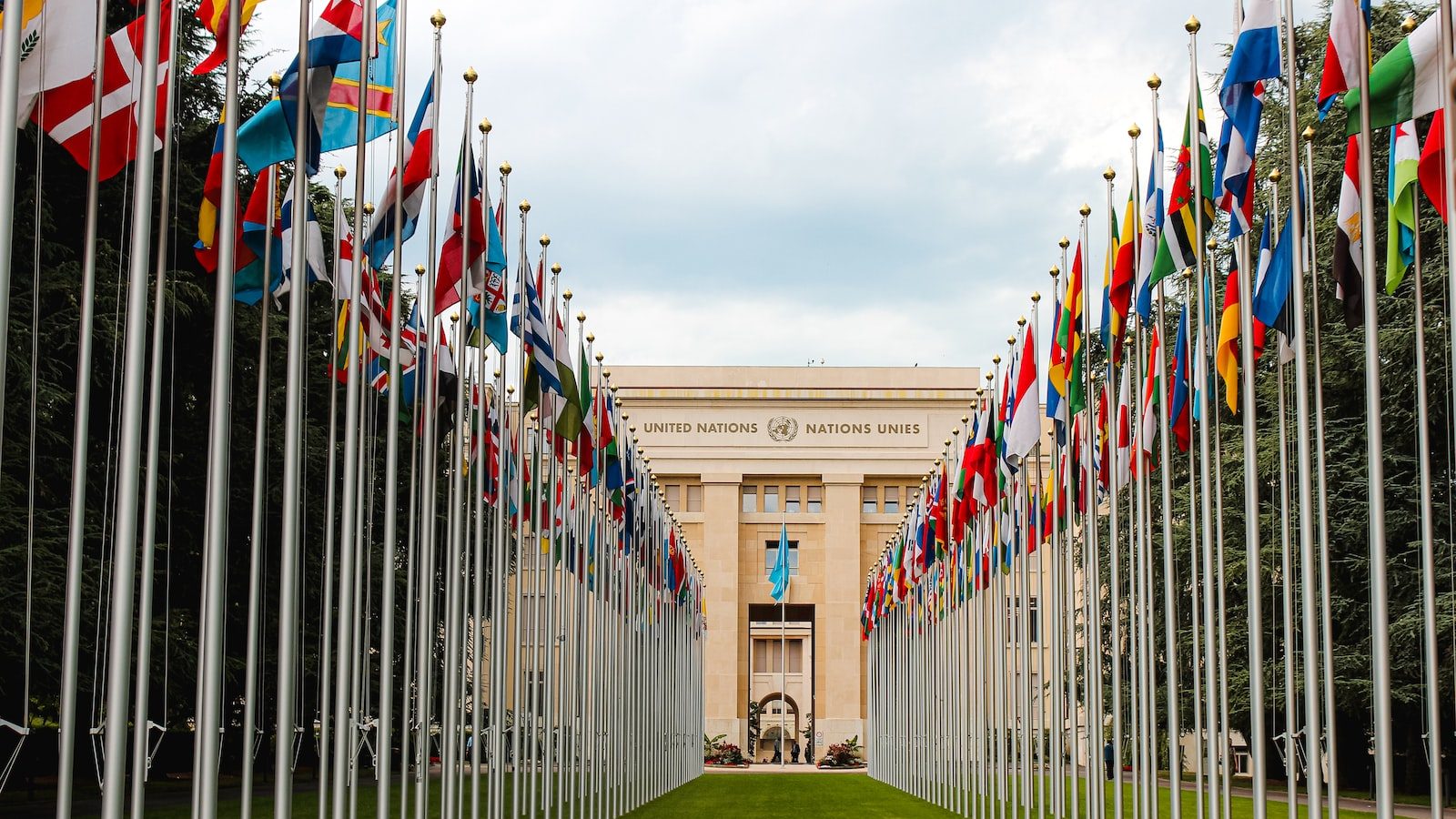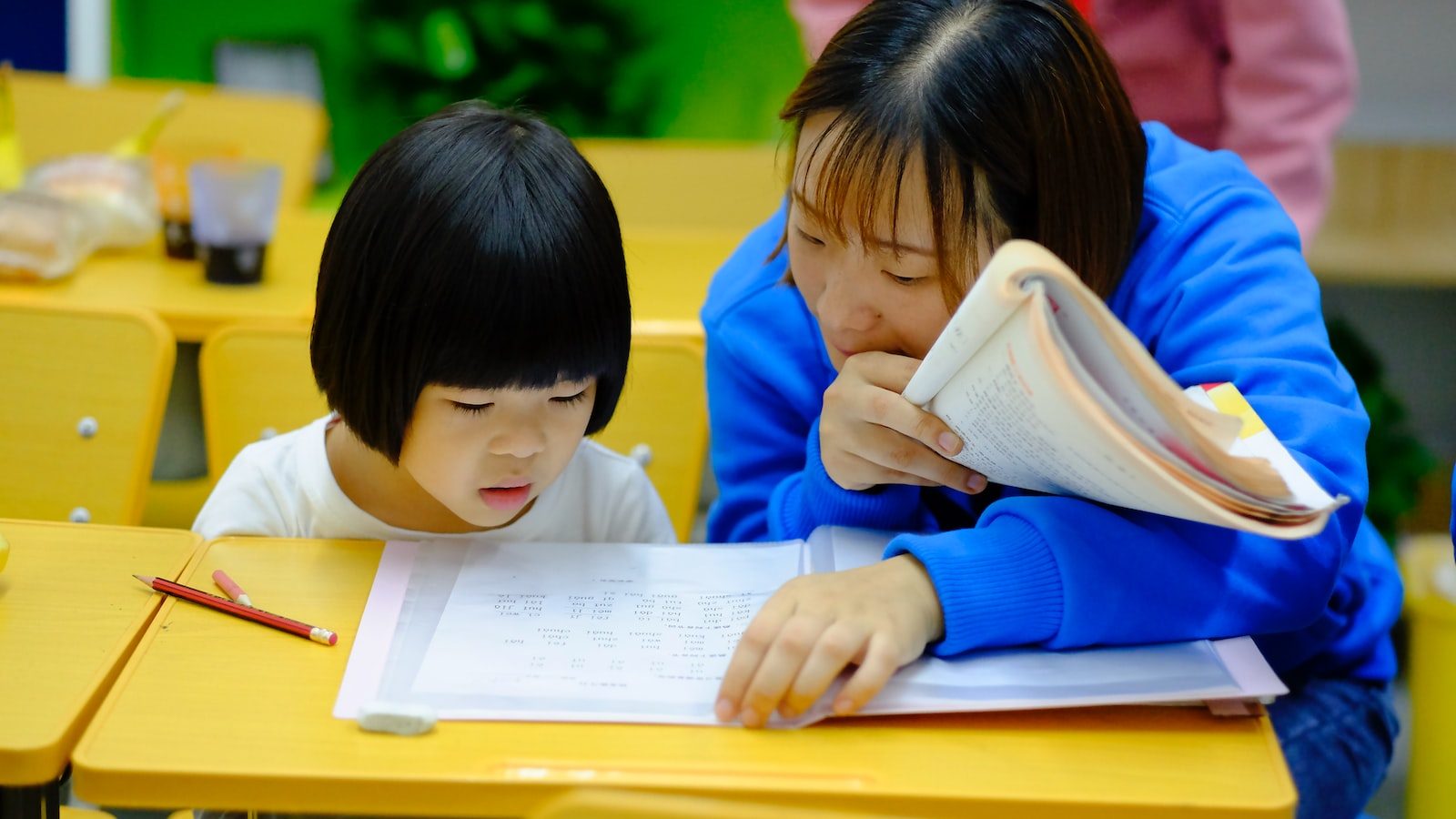Environmental, Social, and Governance skills inspire students to become activators of change
In the future of work, students will need to identify interdependencies and connections between world systems. Schools can prepare the next generation with environmental, social, and governance skills to guide ethical and sustainable action in their lives.
Challenge:
Consumers want to see how businesses are contributing to a more sustainable and just planet
Opportunity:
A coaching approach in education reveals relationships, resources, and skills to support values-based goals
Impact:
Adults who can identify sustainable solutions and enact change support corporate responsibility initiatives
Wisdom Weavers
Understanding which skills are needed for the future reframes social innovation as an important part of the learning process
To prepare students for a changing world, education must address workforce trends in connection to social and economic development. Part of being ready for these changes means anticipating which skills will be needed in the future of work. Beyond knowledge comprehension, organizations seek workers who understand interconnections and complex systems, including environmental, social, and governance (ESG) awareness.
“The call here is to shift to an emphasis on ecological, intercultural, interdisciplinary learning, and if you stop and think about it, what ties those three things together is an invitation for us to think more in terms of connections than in terms of categories.”

ESG refers to the pattern of investing based on non-financial influences, including whether a company supports social justice or sustainable resourcing. This type of mindful investing considers the long-term effect of an organization’s environmental (E) or social (S) agendas. The ‘G’ in ESG examines whether a company’s leadership practices and provides resources to the causes they publicly support. Consumers are leveraging ESG to increase demand for corporate social responsibility plans and hold companies accountable for their impact on society.
Wisdom Weaver Raùl Hernández Jorge shares that in his work communicating with school boards for improvement processes, a primary focus is ESG skills. He explains that universities seek help to “follow some [key performance indicators or] KPIs of ESG and also to train students about ESG skills…We also know that there is a very important demand of people in the next five years [in ESG].” This kind of multidisciplinary expertise is critical for solving complex problems in society because it requires individuals to understand how systems interact in a global economy. Introducing social influences and outcomes to young people helps them understand their role in supporting a sustainable planet in their professional and personal lives.
Coaches can promote environmental, social, and governance (ESG) literacy in education by:
- Encouraging administrators and school boards to prioritize ESG skill training for teachers
- Helping teachers train students in ESG skill building through curriculum integration
Students can apply environmental, social, and governance skills in their communities
Using other business models, schools can motivate students to engage with humanitarian issues by teaching systems thinking. When students apply systems thinking, they investigate how factors within and outside a system interact with each other. The focus on process and connection can guide students to understand ecology, healthcare, local politics, and humanitarian programs. Following the process, students also learn how communities and individuals can support environmental and social sustainability.
“The task is not to respond, but to shape. And I feel that it is in the curriculum, how we design a different kind of learning experience that’s more transdisciplinary.”

School programs can inspire young people to apply ESG in their communities in the way that they identify problems, investigate root causes, and discover holistic solutions. Examples of student advocacy programs could include ensuring a bully-free environment, reducing food waste in the cafeteria, or creating study groups to support girls in STEM. Teachers and school administrators can cultivate environments where students lead new initiatives and collaborate with their peers. Supporting the development of social and emotional skills will also give students the tools to communicate, regulate emotions, show empathy, and set goals.
Wisdom Weaver Dr. Noah Sobe outlines how cultural and social educational shifts are necessary to produce more conscientious global citizens. He acknowledges, “if we’re honest with ourselves, we also know that doing more of the same, even if faster, even if more efficiently, is propelling us towards a cliff. It’s simply not sustainable, either in terms of our relationships with the living Planet Earth or our relationships with one another, both within and across countries, for us to continue as we are. We face a choice. We can continue on an unsustainable path, or we can radically change course. We know that education has great power to bring about change.”
Coaching Empowers People
Formal education can be a powerful tool to prepare students to experiment, innovate, and enhance society. Coaches can support educators in introducing coaching skills in the classroom by identifying strengths, encouraging growth, and asking powerful questions.
Direct coaching interventions in K-12 and higher education are helping students develop the soft skills that are in demand in business. At RICE University, coaches work with students through free one-on-one coaching and skill-specific training sessions to help students grow in various leadership skills, including conflict resolution, decision-making, and goal setting. High school students are also benefiting from coaching. At the EPOG Academy, coaches guide students from underprivileged backgrounds to identify their strengths and set goals. Initial results indicate that students can identify their leadership skills, have developed a growth mindset, and show increased resiliency.
Manifesto for the Future of Education
34 Wisdom Weavers from 15 different countries gathered to reimagine the future of education, using the lenses of coaching, pedagogy, sustainability, technology, social transformation, and collaboration. These discussions inspired us to craft a call to action — a Manifesto for the Future of Education — that establishes a vision for transforming education around the world while integrating the practice of coaching as a catalyst for positive change.





